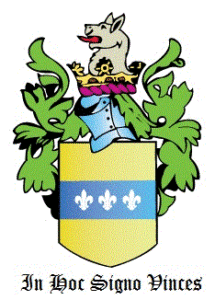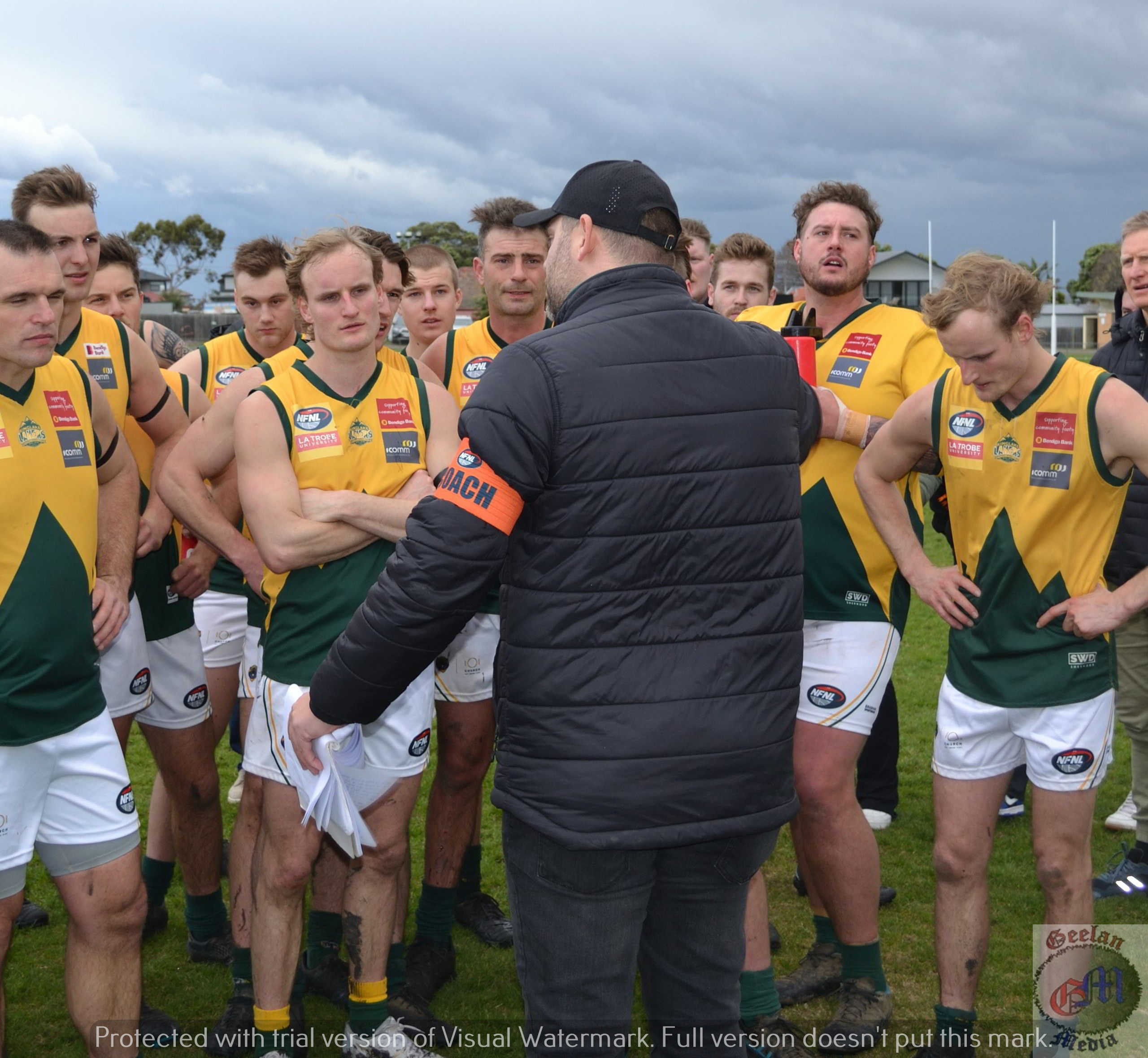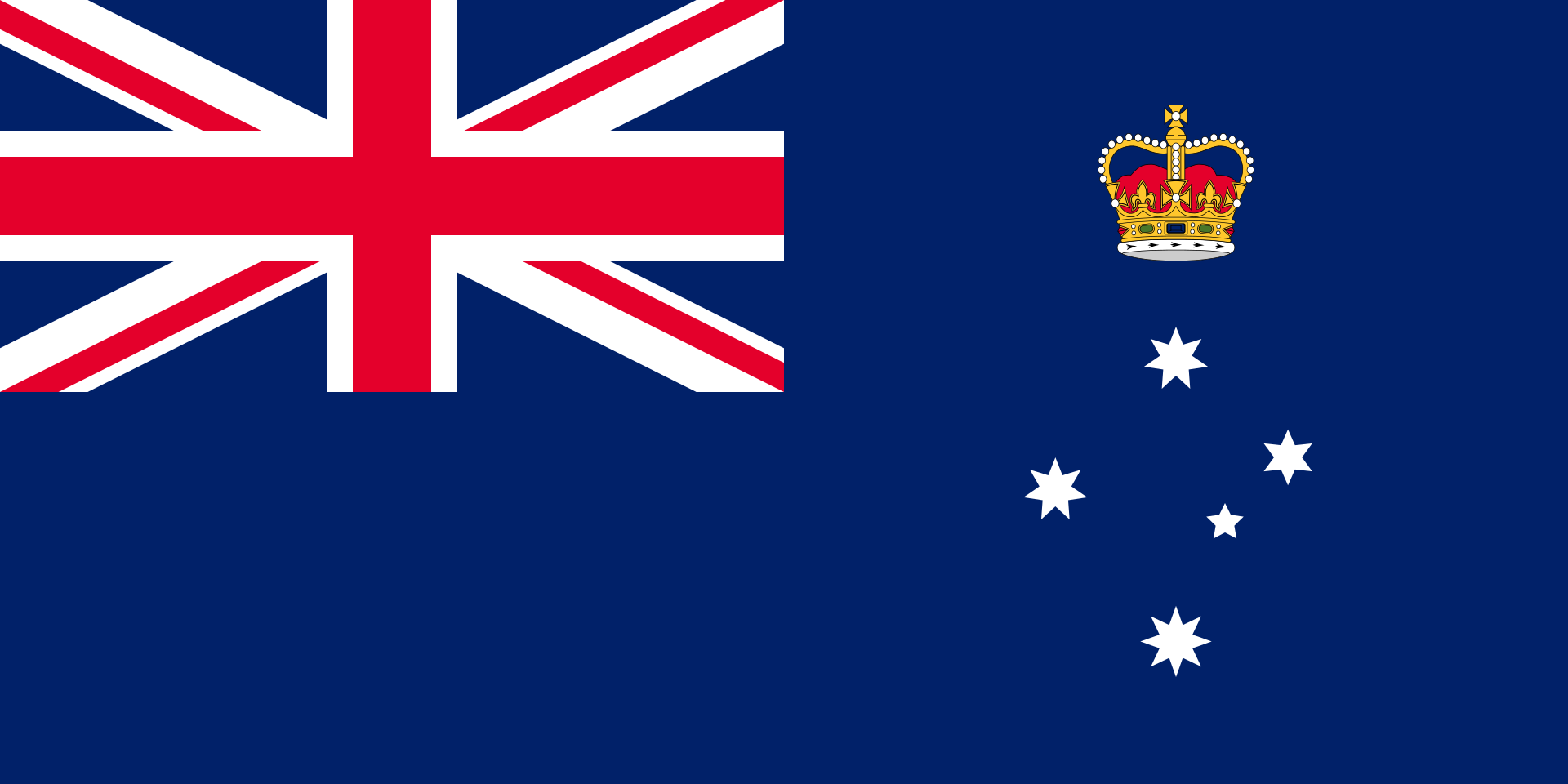Last Thursday 1 August the newly-elected Member for Indi, Helen Haines MHR, delivered her maiden speech to the House of Representatives. This is her speech:
Mr Speaker, congratulations to you on your appointment as Speaker and thank you for your warm welcome to me in this place.
Today as I rise in this House to give my first speech, I acknowledge the Ngunawal and Ngambri peoples, who are the traditional custodians of the Canberra area, and pay respect to the elders, past and present, of all Australia’s Indigenous peoples. I especially acknowledge the traditional owners of the lands across my large electorate of Indi—lands of the Wavereoo, Dhudhuroa, Bpangerang and Taungurung peoples. I honour the resilience, wisdom, dignity, scientific knowledge, the stories and art of the world’s longest surviving culture.
The honour of being a representative in this place is one that is bestowed upon few. I am humbled by the privilege and so very conscious of the responsibility. I thank the people of Indi for placing their trust in me. Of the 1,202 people who have been elected to the House of Representatives, 132 have been women. I am proud to be one of them, but we remain too few. We will not create the best public policy for this nation until we have a diverse parliament in all senses and until, at the very least, we have equal representation of women.
I pay tribute to my fellow MPs in this the 46th Parliament of Australia. I thank the honourable members for their welcome to this place and I wish each and every one of you the very, very best. I thank the many staff who work here for their expertise and guidance as I adjust to this new and very challenging life.
As the member for Indi, I pay tribute to those who came before me in this magnificent Federation seat. And let me say that its first member, Sir Isaac Isaacs, raised in the town of Yackandandah, set the bar pretty high! He rose to become Attorney-General of Australia, Chief Justice of the High Court of Australia and the first Australian-born Governor-General. Another member for Indi, John ‘Black Jack’ McEwen, born in the town of Chiltern, was a long-serving minister and briefly Prime Minister of Australia after the death of Harold Holt in 1967, but he was of course the member for Murray by then. In total, 17 members precede me, including Ewan Cameron, Lou Lieberman, Sophie Mirabella and Cathy McGowan.
And it is to my most recent predecessor, the first ever Independent member for Indi, Cathy McGowan AO, that I pay particular tribute. Cathy has left an enduring legacy on the federal Parliament of Australia. Importantly, she is widely recognised by all sides of politics to be someone with strong values and integrity who put her electorate first on matters of policy and debate. Cathy is a mentor, a teacher and a friend and, like all great teachers, she has given me a clear and magnificent path to follow.
My electorate of Indi covers 29,187 square kilometres of magnificent north-east Victoria, adjoining the border of New South Wales in the north and stretching to Kinglake on the edges of Melbourne in the south. The geography is characterised by mountains, rivers and fertile land. Indeed, Indi’s river basins contribute 38 per cent of the total water to the Murray-Darling Basin. It includes nine local government areas in addition to the unincorporated areas of Falls Creek, Lake Mountain, Mount Buller and Mount Hotham Alpine Resort.
The economy is driven by tourism, food and fibre, forestry, viticulture, agriculture, timber processing and manufacturing, and by the countless small businesses providing a vast array of goods and services. The people of Indi are leaders in the renewable energy revolution. Indi is home to 11 community energy groups—the most of any region in the nation—many generating and sharing power using microgrid technology. In Barnawartha, we have the largest producer of biodiesel.
My electorate is as diverse and beautiful as the 142,000 people who live there. It is a place of outdoor adventure, with visitors from all over the world drawn to Indi for skiing, cycling, canoeing. kayaking, fly fishing, bushwalking and camping and for our internationally renowned wine and gourmet food. Indi is what is termed the legends, wine and high country.
While many people can feel like a legend after enjoying some of our famous north-east Victorian wine, Indi is ‘Kelly country’. Ned Kelly is a polarising figure, seen by some as a hero, by others as a villain. He lived in Greta, was jailed in Beechworth, robbed banks in Euroa and his last stand was in Glenrowan. The Kelly story looms large in the Australian psyche with no less than 11 feature films and more biographies than any other Australian. Journalist Martin Flanagan wrote:
But what makes Ned a legend is not that everyone sees him the same—it’s that everyone sees him. Like a bushfire on the horizon casting its red glow into the night.
To careful observers of Australian politics, it should come, then, as no surprise that the rural communities of Indi have also been seen with a powerful orange glow in the last three federal elections. Some have spoken of the ‘quiet Australians’ post this most recent election, but I speak from an electorate who chose not to be quiet. They chose to use their voice not to drown out the voices of others but to hear the voices of others.
The vision and leadership of a small group of people who began Voices for Indi in 2012 started a great big community conversation about doing politics differently. What they created is what has been described as ‘new power’—open, participatory and peer-driven. It operates on shared values and radical trust. The Voices for Indi movement has given inspiration to other electorates around the nation modelling new democratic norms. In a growing number of democracies across the world we are seeing the impact of an erosion of trust in democratic institutions. Disengagement from politics is being exploited into fear and polarisation. In Indi there is a different story. Division and polarisation are not the inevitable outcome of disengagement; it can be channelled productively. This election has shown that this model, though time consuming and labour intensive, has staying power.
At this election, every one of the 1,700 people who signed up to the values and contributed to the campaign were volunteers. Not one person was paid. Over 900 supporters staffed the 68 booths on election day. They covered more than 1,040 rostered shifts for the pre-polls over three weeks and across five sites. They made more than 2,000 metres of orange bunting, 700 orange cockatoos and countless cakes. They designed and distributed corflutes and how-to-vote cards. They did websites, they did media, they did policy and they did flash mobs. They staffed no less than 14 campaign offices in high streets across every corner of the electorate. They stepped out of comfort zones and into conversation zones. To each and every one of you, I say: thank you. In the galleries you see some of these people. They have travelled here from Corryong, Kancoona, Taggerty, Tallangatta, Marysville, Merrijig, Mansfield, Wangaratta, Benalla, Upotipotpon, Euroa, Wodonga and Wandiligong, to name but some. They are here because, like all Australians, this is their House. I am honoured to be their representative.
Each of our stories begin well before us and include people both known and unknown to us. If we are lucky, our story extends beyond us. I am, like each of you, the sum of my family, my community and the ecology of the places I have lived in. I grew up on a dairy farm with my mother, Marion Ryan, my father, Jack Carew, and my four brothers in a small place called Eurack—Gulidjan country—in south-west Victoria. We lived next door to our grandmother’s farm. My grandfather Will Carew died young, leaving my grandmother to run the farm and raise her four young boys: my father and his three brothers Bill, Richard and Peter Carew.
The untimely death of my grandfather, with the consequences of economic hardship, meant my father left school at 13. He told many stories of tough times but they were the preamble to the real stories—the tales of rural adventures recounted with such humour and intrigue that, as a child, I honestly thought my home of Eurack, population approximately 95 people, the most exciting, exotic and daring of places to belong.
My grandmother Mary Carew, formerly Mary Farrell but always known as Dolly, milked dairy cows, raised geese, planted crops and cooked rabbits trapped by her boys. She was a quiet but powerful presence as I grew up. Less quiet were her sisters, my great aunts: Johanna, known as Sis; Lizzie, known as Tom; and Tess, known, oddly, as Tess! Tom and Sis had trained as nurses at St Vincent’s Hospital in Melbourne. They were always referred to as ‘the aunts’, and it was they who pretty much predetermined that I should also be a St Vincent’s nurse—and so it was. In the gallery today are some of my wonderful lifelong nursing friends from St V’s.
Today, 1 August, is the thoroughbred horses’ birthday. That is fitting, as my maternal grandfather, John Joseph Ryan, was keen on racing. He too was a dairy farmer, but also a horse trainer. Together with my uncle Tim Ryan, they produced some fine horses and could be seen riding bareback through the bush around places like Irrewillipe, Pirron Yallock and Tomahawk Creek. I never knew my maternal grandmother, Marion Ryan, formerly Rankin. She died at age 40, leaving her five young children, John, Valda, Marion, Peter and Tim, behind.
Subsequently, my mother, her namesake, grew up largely in the dormitories of St Brendan’s and Sacred Heart boarding schools. As a little girl, on a still day she could see, from the balcony of her boarding house, smoke from the chimney of her home on the banks of Lake Corangamite. Mum was a determined farmer. She had an unstoppable work ethic. She was clever, a good tennis player, a committed local community contributor, a wonderful wife and a devoted mother. She developed a terminal illness in her early 50s and died a few years later. Her death reinforced for me on a personal level what I knew from my work as a nurse: life is short, family is everything and there is honour in the service of others. I think of Marion every day, as I do my beloved storytelling father, Jack, who carried on farming until his death, aged 82. I’m betting that if they were alive today their advice to me in this place would be: sit up straight, clean your shoes and don’t put up with too much tommyrot.
Early life for me outside the farm centred around our little rural school, our local church and the tennis courts alongside the Eurack memorial hall. Last Christmas, our extended family returned to that hall. Inside, the walls are liberally covered in the glorious sporting victories of the now long gone Eurack State School 3448: framed photographs bathing me, my brothers, my cousins and our mates in the triumph of being western plains’ athletics champions (small schools section).
Ours was a one-teacher school, and total student numbers rarely exceeded 12. We trained for these sports by running barefoot, Zola Budd style, around the perimeter of a paddock of lucerne. The whole district turned out on sports day to cheer us on. Noting the flat landscape of my birth country, the salt pan lakes and the faded photos on the walls, the young ones at the party noted, with a bit of cheek: ‘You were not even big fish in a small pond. You were small fish in a very small swamp.’ Don Watson, in his book The Bush, described the families of places like ours as:
… having inserted themselves into a crack in the nation’s development … schools, churches, halls, hospitals, agricultural shows, libraries, mechanics institutes.
A persistent effort in the small things, says Watson, that laid down a lasting pattern in Australian rural life. The hamlets and towns of Indi tell similar stories to mine, of good people, persistent effort and small things.
And so it was that small things continued for me in proximity to small swamps. In 1986, after completing my nursing and midwifery education in Melbourne, I moved from north Carlton to central Chiltern, having been lured to the north-east by my sweetheart, the handsome Phil Haines, agricultural scientist from the Rutherglen Research Institute. I became matron at the Chiltern Bush Nursing Hospital. I was 26; a very young matron in a very small hospital in a very small place with a very small lake, a lake overlooked by one of the former homes of Henry Handel Richardson; a lake familiar to Black Jack McEwen and to another favourite son of Chiltern—and well known in this House—Mr Barrie Cassidy.
The next three years I spent in that job gave me plenty of great stories and a keen understanding of place based solutions to the challenges of rural health. The hospital kitchen crammed with locals making jam, peppered with a surprise visit from the health inspector. Jacky Byron, who could recount watching the lads march off to the Boer War, would arrive daily by bicycle to deliver freshly caught fish from the lake for his cobber, Martin Balsarini, a light horseman who rode in the charge of Beersheba. There were midnight call-outs for a variety of reasons with the local GP and the local policeman, including an encounter with a villain on the run hiding in the hospital casualty room. The matron, the sergeant and the doctor—we were quite the trio.
In time, we moved from Chiltern to our small farm on a billabong of the King River in Wangaratta. This, too, was a special place where, if you look carefully, the signs of the Bangerang people abound—ring trees, canoe trees, birthing trees; signals that this area is abundant in food, water and spirit. Here I was drawn to further study. The internet arrived, which literally opened a world of opportunity for me as a young working mother in a rural region. I pursued an interest in epidemiology and public health through a master’s degree, which took me and my family, rather surprisingly, to a much bigger swamp on the shores of beautiful Lake Malaren, to Uppsala University in Sweden, where I eventually completed a doctoral degree in medical science and, later, a post-doctoral research fellowship at the Karolinska Institute in Stockholm. This period reinforced for me that just and equitable health and education outcomes are not accidents in the Nordic countries but the result of sound public policy. It gave me opportunities on an international level I could never have foreseen. It gave our kids a lifelong ‘appreciation’ for sour herring!
Mine has been a very lucky life. Mr Speaker, as you have heard, I have a large and loving family, many of whom are here today. To my brothers John, Damian, Paul and Gerry; their wives Shirley, Mary Anne, Vanessa and Grace; my Haines family of brothers Ian, Andrew and the late and loved Pete; Chris, Wendy, Maureen and Annie; my late parents-in-law Eric and Dorothy Haines; my 27 nieces and nephews and their children; and my countless cousins—thank you.
No love is as fierce as that of a parent for their child. So I say to my three children Will, Nick and Georgia Haines: you are bold, you are brave, you are loved. Use your talents wisely. To Maddy and Chris, thank you. You have joined a family that loves nothing more than a hot dinner served with a delicious side salad of political debate!
And to that ag scientist from Rutherglen, Phil Haines, my husband of 33 years who has always believed I could do things I never thought I could: no-one could ask for a more loving soulmate.
In total I have spent three decades working in rural health care as an academic researcher, administrator, not-for-profit company director, midwife and nurse. I salute my colleagues in health care all over Australia for their expertise and devotion.
Throughout my career I have been privileged to care for people as they take their first breath of life and as they take their last. A great joy to me was in being a foundation member in what is now the longest-running rural midwifery caseload practice in Australia at Northeast Health Wangaratta.
Midwives are the hand that guides the hand that rocks the cradle that rules the world. Comprehensive national and international evidence has proven that continuity of midwifery care improves outcomes for mothers and babies in a safe, satisfying and cost-effective manner. Yet it is a model of care that remains unavailable to the majority of Australians.
Australia is a nation that is envied by many. We have much to be grateful for but we have some serious responsibilities to face up to. We have a responsibility to the generations that will follow us—young people like Alice, Ailish, Pascal, Dympna, Fergal and Anna.
I am a regional Australian and I am a defiant optimist, but one who recognises the scale of the challenge ahead. We have some essential issues to tackle both in Indi and across rural Australia. Firstly, there is the health of rural Australians. Suicide is twice as high in rural areas compared with urban areas, with males three times more likely than females to die by suicide. Timely access to mental health care should not be reliant on your postcode nor your ability to pay once your 10 Medicare funded services run out.
Older Australians want to stay in their own homes and maintain a good quality of life for as long as possible. But too many people are waiting too long for home care packages and this disproportionately impacts negatively on rural Australians.
On disability: to every person, family and carer across this nation who is waiting in frustration for full access to the NDIS, I hear you. This parliament must work conscientiously to ensure that the incredible system the NDIS was set up to be lives up to the promise and hope felt by so many when it was created.
On education: we understand that people succeed when they have a chance to get a decent education and learn new skills—and, by the way, so do those businesses that hire them or the companies that they start. But this is still out of reach for many in Indi, where the average completion rate for a bachelor’s degree or higher is half the Victorian average. There are many systemic reasons for this. However, what extensive international research tells us is that two years of preschool education has the most potent impact on positive long-term educational outcomes. This is an intervention that could change life courses in my electorate if it were universally available.
I’ve come to this place to talk positively about what we hope to start in regional Australia and not simply what we want to stop. We can grow our regions to a greater, sustainable prosperity. There is a big role for the federal government to play in that, and it starts with better connectivity, better rail, better internet, better mobile phone coverage and better access to health and education. Raising the rate of Newstart is part of this conversation. There is near-universal community and business consensus on this. It’s the right thing to do for the people receiving it, and it’s the right thing to do for regional communities which, again, are disadvantaged significantly in access to the job market.
I bring the voices of rural Australians from my electorate of Indi—a region which is particularly vulnerable to the impacts of climate change. It’s impacting us right now. We are experiencing extreme summer heat, less reliable autumn breaks, reduced winter and spring rainfall and decreased snow cover. We may well see the complete loss of the Victorian alpine zone this century.
Our physical and mental health is being impacted. The Black Saturday fires of 10 years ago, which ravaged the southern areas of Indi, are still fresh in the memory of the community of Murrindindi. We urgently need greater investment in research and development, together with innovative policies to assist agriculture and health to adapt to our rapidly changing climate and to identify new, profitable and sustainable opportunities. The evidence is clear: we are facing a climate change crisis. We are also presented with a once-in-a-generation opportunity for regional Australia to lead the way in the development of renewable energy and to prosper from new economic opportunities. We need a just transition to renewable energy, and we need to get on with it. Let’s grasp these opportunities.
It was Florence Nightingale who told us, ‘How very little can be done under the spirit of fear.’ When it comes to our immigration policies I and many other Australians are left asking the simple question of who we are as a country. I bring the voices of so many people in my electorate who call for an end to the human suffering that is caused through indefinite detention of asylum seekers and refugees both onshore and offshore.
On these big issues, so many Australians want change desperately but are equally scared of change when it comes to trusting the political system to bring it about. Research in 2019 shows that Australians’ trust in federal parliament is very low and, in fact, has declined since 2017. I will advocate strongly in this place for a robust federal integrity commission. Such a commission can help restore the trust that so many Australians have lost in their elected representatives.
In conclusion, this 46th Parliament opens a new chapter in our history. And those of us elected here have the humble responsibility to help write it. History shows us that some parliaments take small steps, and others take large leaps. One such opportunity to leap stands before us now. With the Uluru Statement from the Heart, Aboriginal and Torres Strait Islander people have invited all of Australia to walk with them to achieve ‘Voice, Treaty and Truth’. I embrace that offer, and I commit myself and the privileges I have by virtue of being in this place to walking with them. The Constitution of this great nation is ours to use to bring about justice and freedom. I can think of no task more worthy of this parliament than that.
Don Watson described the generations of Australians who quietly inserted themselves into the crack in our nation’s development. The people of Indi have done just that. They started something far bigger than they could have imagined. Their goal in 2013 wasn’t to storm the doors of parliament in one campaign, but they did. Some wrote this off as a flash-in-the pan moment—a battle of personalities that could not be replicated when those personalities were no longer in the frame. They pointed out rightly that an independent had never succeeded an independent in Australian federal parliamentary history—until now. It is my honour to hold that crack in our nation’s history open, to fortify it for those who will come after and to serve the people of Indi with integrity, with kindness and with diligence as their 18th member of the House of Representatives.

























